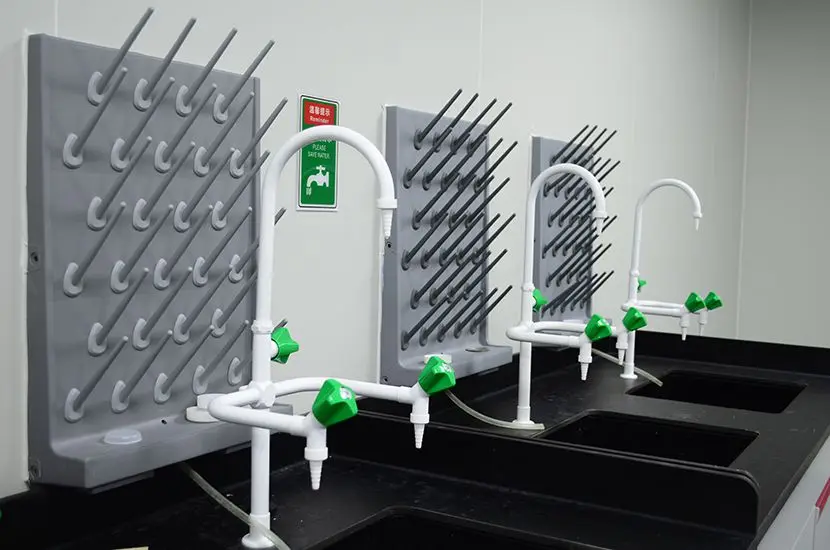
How to Get a Japan PSE Certificate?
PSE (Product Safety of Electrical Appliance & Material) certification, known as "Conformity Inspection" in Japan, is a mandatory certification system for electrical appliances entering the Japanese market. It uses a unified pse mark and has strengthened penalties for importers.
Electrical products in the Japanese market are categorized into "Specified Electrical Appliances (Category A)" and "Non-specified Electrical Appliances (Category B)" according to the Electrical Appliance and Material Safety Law and technical standards issued by the Ministry of Economy, Trade and Industry (METI).
Products listed under "Specified Electrical Appliances" must be certified by a third-party organization authorized by METI before entering the Japanese market. They must obtain a conformity certificate, and the label must bear the diamond-shaped PSE mark. For "Non-specified Electrical Appliances," products that fall within the scope of the round PSE mark can be tested and inspected by the manufacturer, followed by self-declaration, before legally entering the Japanese market.
RegULatory Details:
1. "Specified Electrical Appliances (Category A)":
- EMC + Safety tests + factory inspection = Diamond-shaped PSE mark.
- Before entering the Japanese market, manufacturers must obtain a conformity certificate issued by a third-party organization authorized by METI and then affix the diamond-shaped PSE mark.
2. "Non-specified Electrical Appliances (Category B)":
- EMC + Safety tests = Round PSE mark.
- Manufacturers can affix the round PSE mark as long as they meet the relevant regulations under the Electrical Appliance and Material Safety Law.
Applicable Products:
1. "Specified Electrical Appliances (Category A)" includes 10 categories such as:
- Cables and cords, fuses, wiring devices, current limiters, single-phase small power transformers, and heating appliances, among others.
2. "Non-specified Electrical Appliances (Category B)" includes 12 categories such as:
- Cables, cords, fuses, small A.C. motors, electronic appliances, and lithium-ion batteries, among others.
RequiRED Documents for Application:
1. For "Specified Electrical Appliances (Category A)":
- PSE application form, authorization letter, factory inspection report, business licenses, cb certificates, product drawings, Japanese product manuals, and sample inspection reports, etc.
2. For "Non-specified Electrical Appliances (Category B)":
- PSE application form, authorization letter, CB certificates, product drawings, Japanese product manuals, and sample inspection reports, etc.
pse certification Process:
1. Category A Diamond Certification Process:
- Submit the application, obtain testing reports from authorized labs, and undergo factory inspections before receiving the certificate.
2. Category B Round Certification Process:
- Submit the application, undergo testing, and receive the pse certificate without factory inspections.
Products covered under PSE certification must obtain PSE approval before being exported to Japan. Third-party certification can gain customer recognition and open more business opportunities.
Email:hello@jjrlab.com
Write your message here and send it to us
 Cost of U.S. FDA CFR 21 177.2600 Test Report
Cost of U.S. FDA CFR 21 177.2600 Test Report
 How much does the IP44 Compliance Test cost
How much does the IP44 Compliance Test cost
 What is LFGB Test
What is LFGB Test
 What does LFGB certified mean?
What does LFGB certified mean?
 Weee authorised representative germany
Weee authorised representative germany
 Where to Apply for 2026 Air & Sea Transport Ce
Where to Apply for 2026 Air & Sea Transport Ce
 Guide to IEC Test Reports for Lighting Exports
Guide to IEC Test Reports for Lighting Exports
 IEC/EN 62471 and IEC/EN 62778 (Photobiological Saf
IEC/EN 62471 and IEC/EN 62778 (Photobiological Saf
Leave us a message
24-hour online customer service at any time to respond, so that you worry!




